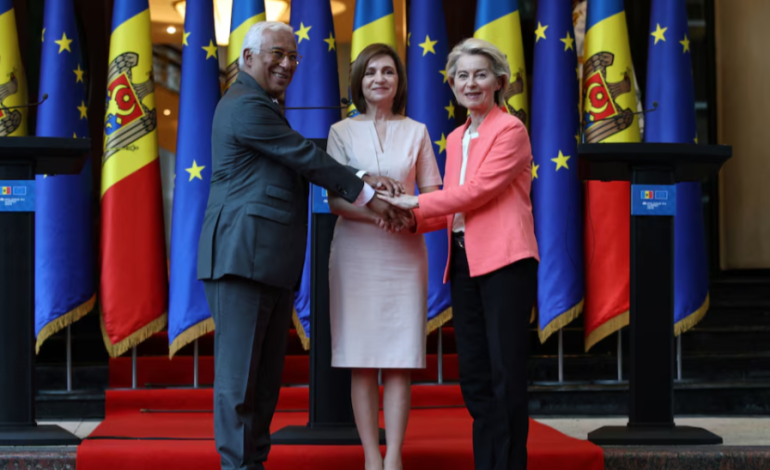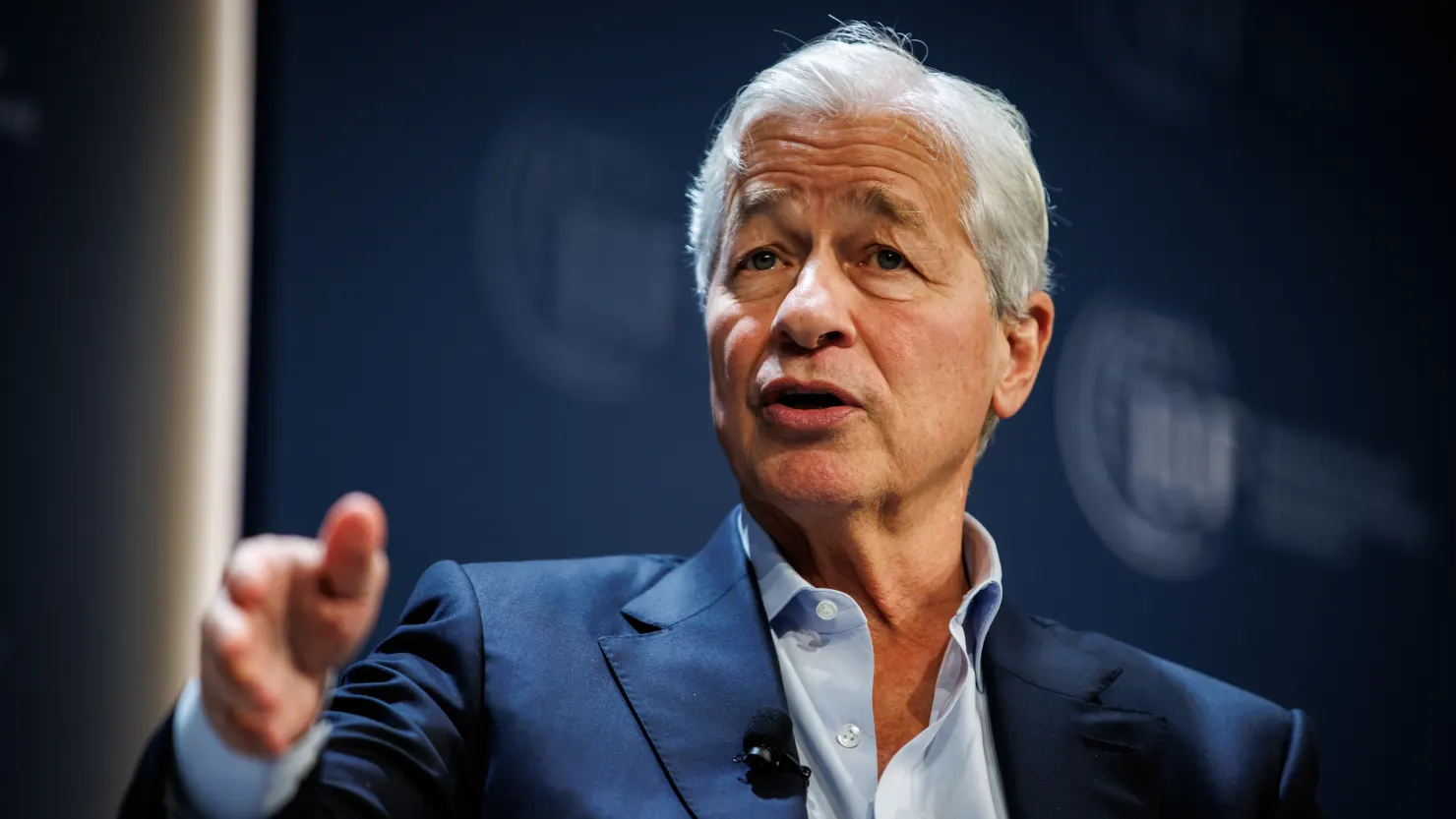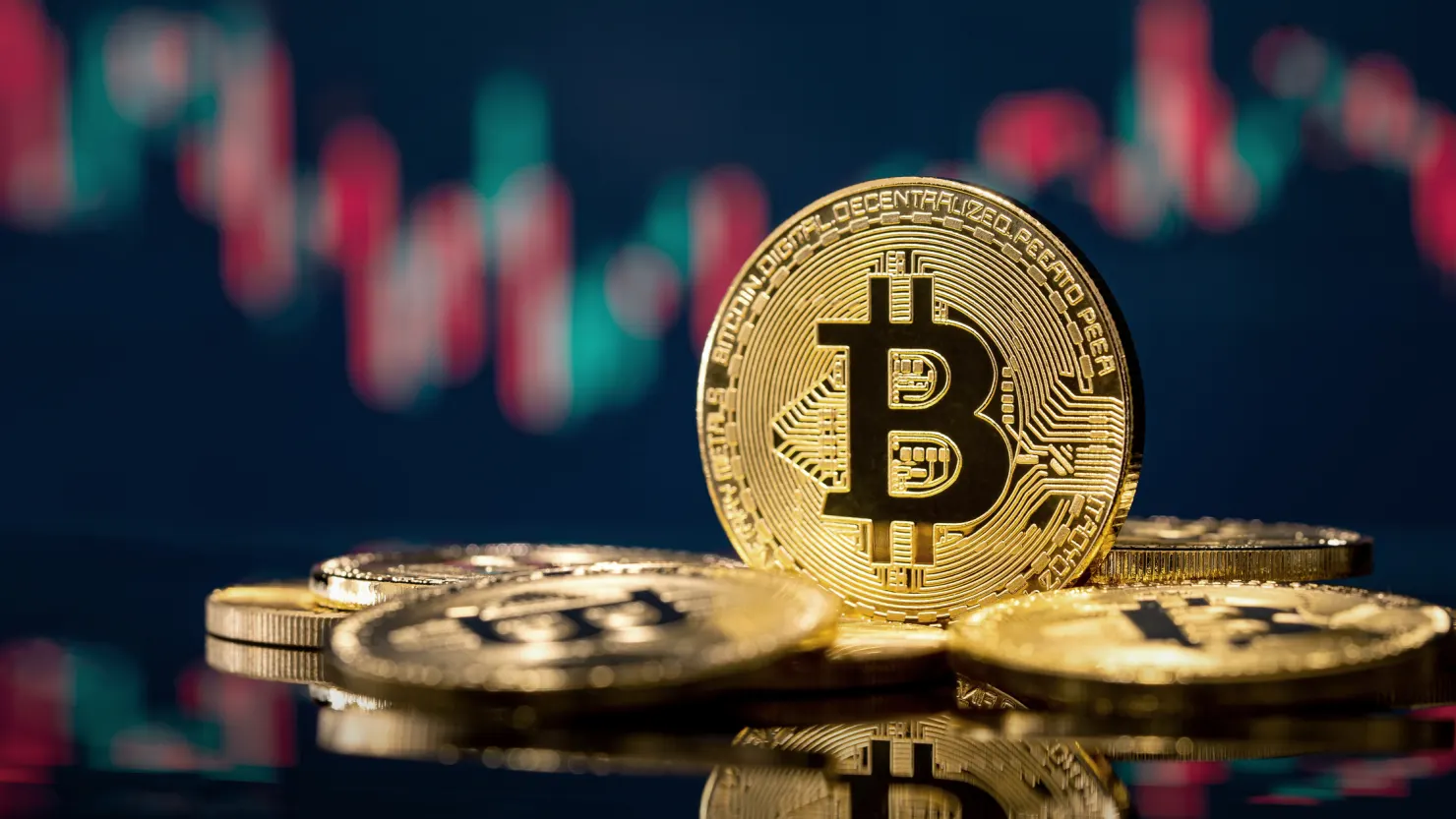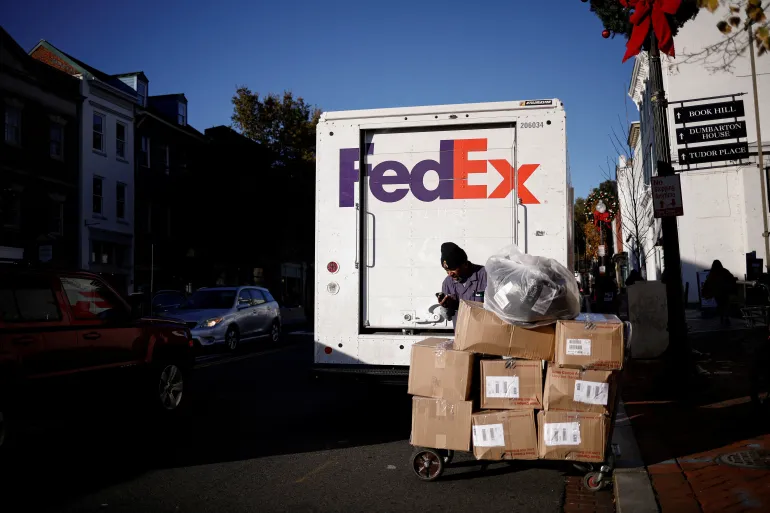EU Caught in Political Crosswinds as Moldova Pushes Ahead in Membership Bid

Moldova’s accelerated path toward European Union membership, marked by the first-ever EU-Moldova Summit on July 4, 2025, presents a growing strategic challenge for Brussels.
While the summit marked a symbolic and financial boost for Chișinău, it also deepened a geopolitical and institutional dilemma for the EU: how to reward Moldova’s progress without weakening its own credibility on enlargement.
President Maia Sandu’s government has staked its political future on European integration. In return, the EU has responded with increased support, including €270 million in pre-accession financing, roaming and banking reforms, and energy infrastructure investments. These are part of a broader €1.9 billion Moldova Growth Plan designed to align the country with the EU Single Market.
While the financial and political backing signals Brussels’ intent to reward reform, the pace of Moldova’s advancement has raised internal EU tensions.
Despite assurances from Moldovan and EU officials that Chișinău is not seeking to “leapfrog” Ukraine, the perception lingers, especially with EU officials floating—and quickly shelving—the idea of decoupling the two bids.
The summit’s declaration included carefully worded language that signaled cautious progress: Moldova has met the criteria to open the “fundamental cluster”—a key set of rule-of-law and governance reforms necessary for deeper integration. But previous drafts of the summit text included references to opening all six negotiating clusters, language that was ultimately dropped in the final version—suggesting hesitation among member states.
This backpedaling reflects broader uncertainty within the EU. Denmark, currently holding the rotating EU presidency, and other northern and western European states remain wary of moving too quickly amid broader enlargement fatigue and concerns about rule-of-law enforcement in new member states.
Hungary’s strong opposition to Ukraine’s accession, meanwhile, indirectly limits Moldova’s progress, even though the two applications are not formally linked.
Moldova’s European trajectory is not without internal complications. President Sandu’s ruling Party of Action and Solidarity (PAS) faces a tough parliamentary election this September. Although PAS secured a pro-EU referendum victory last year, recent polls show its support has slipped to around 35%, well below its 2021 landslide.
Compounding this is the party’s past reluctance to build alliances with smaller pro-European parties, which could leave it isolated in the next parliament. Meanwhile, the opposition is consolidating, with the Socialist and Communist blocs and the Alternative platform all gaining traction. Each would likely roll back Sandu’s EU-focused agenda.
Moldova continues to experience disinformation campaigns, electoral meddling, and economic pressure—factors that could intensify in the lead-up to the elections. The summit declaration condemned alleged Russian interference, and the EU pledged continued support, including via strategic communications, cybersecurity funding, and electoral safeguards.
The EU’s growing support for Moldova is both a geopolitical response to Russian influence and a reward for reform. Yet the contradictions of this strategy are mounting. While Moldova’s performance arguably warrants faster integration steps, the EU is constrained by optics, political divisions, and enlargement precedent.
From a policy standpoint, fast-tracking Moldova alone could undermine the credibility of a merit-based enlargement process if other candidates perceive it as driven by politics rather than performance. It could also sow division between Kyiv and Chișinău—two nations that had previously pledged to support each other’s reform journeys.
Moreover, the EU’s credibility on promoting democracy and the rule of law is being quietly tested. While Moldovan authorities have cracked down on disinformation and party financing, these efforts have also raised concerns about due process and political pluralism. The EU has so far signaled tacit support, but a longer-term strategy may need to balance resilience-building with stronger rule-of-law safeguards.
The EU-Moldova summit has shown that the bloc remains committed to Moldova’s European future. But Brussels now faces a delicate balancing act: how to advance Moldova’s membership bid without isolating Ukraine, straining internal unity, or compromising the principles that underpin enlargement.
With input from Euractiv, MSN, EU Neighbours East, and Polskie Radio S.A.









The latest news in your social feeds
Subscribe to our social media platforms to stay tuned